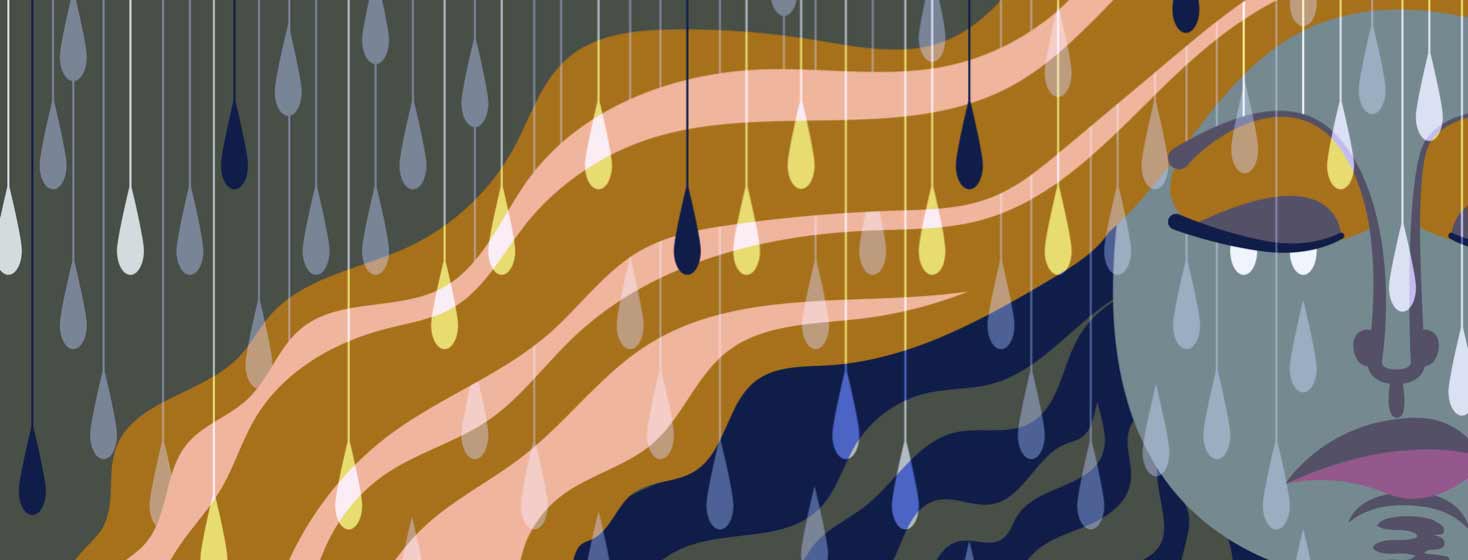Depression and Anxiety in End-Stage Liver Disease
Disclaimer: If you or someone you know is experiencing thoughts of suicide, call the United States National Suicide Prevention Lifeline at 1-800-273-8255.
End-stage liver disease is a potentially serious consequence of hepatitis C. End-stage liver disease is not the same as cirrhosis; rather, it signifies a stage where the liver has failed. This condition is considered irreversible and a liver transplant is typically the only available treatment.
The link between depression, anxiety, and end-stage liver disease
There are various reasons to explain why people with end-stage liver disease may have higher occurrences of depression and anxiety. One of these reasons is that not everyone with end-stage liver disease is a suitable candidate for a liver transplant.1
Another reason is associated with the significant anxiety one may face when waiting for the transplant; about 14% of people waiting for a liver transplant die every year in the United States.1 This is ultimately because there are more people waiting for a transplant than there are available organs.2 Furthermore, life after transplant may be overwhelming, with concerns of infection and adverse effects of medications that reduce the risk of organ rejection.3
Prevalence of depression and anxiety
With the prognosis variability of end-stage liver disease, it is natural to feel depressed and/or anxious. There are not many studies that highlight the occurrence of depression and anxiety in this population, but one study examining people with cirrhosis revealed that greater than 50% of them had symptoms indicative of depression.4
Another study showed there are additional factors that reduce the quality of life in people with cirrhosis, such as fatigue, which may contribute to depression.5
Diagnosis in end-stage liver disease
Unfortunately, depression and anxiety in end-stage illnesses are usually under-diagnosed, and therefore, not always treated.6 That is because grief is an appropriate reaction to a condition that may potentially take one’s life. While this is a normal response, there are some feelings that correlate more with depression. Examples of these feelings include:
- Feeling worthless or guilty
- Lack of pleasure in activities once enjoyed
- Thoughts of suicide6
Knowing when to get help
If you are experiencing end-stage liver disease and feel depressed and/or anxious, I recommend speaking to your clinician. This could be your primary care doctor or your specialist (gastroenterologist or hepatologist). If you are waiting for a transplant, perhaps it could be a psychologist on your transplant team. It can be hard to get help when you feel hopeless. Sometimes, bringing a close friend with you to the appointment can help.
There are various treatment options for depression and anxiety. These may include counseling services, cognitive-behavioral therapy (CBT), electroconvulsive therapy, and medications.7 Your doctor will help find the most appropriate treatment based on your comfort level or may refer you to a qualified psychiatrist.
Major depression in people with advanced liver disease is considered treatable.7 You do not have to endure the pain.
Have you been treated for depression/anxiety during your hepatitis C journey? Share your experiences below.

Join the conversation